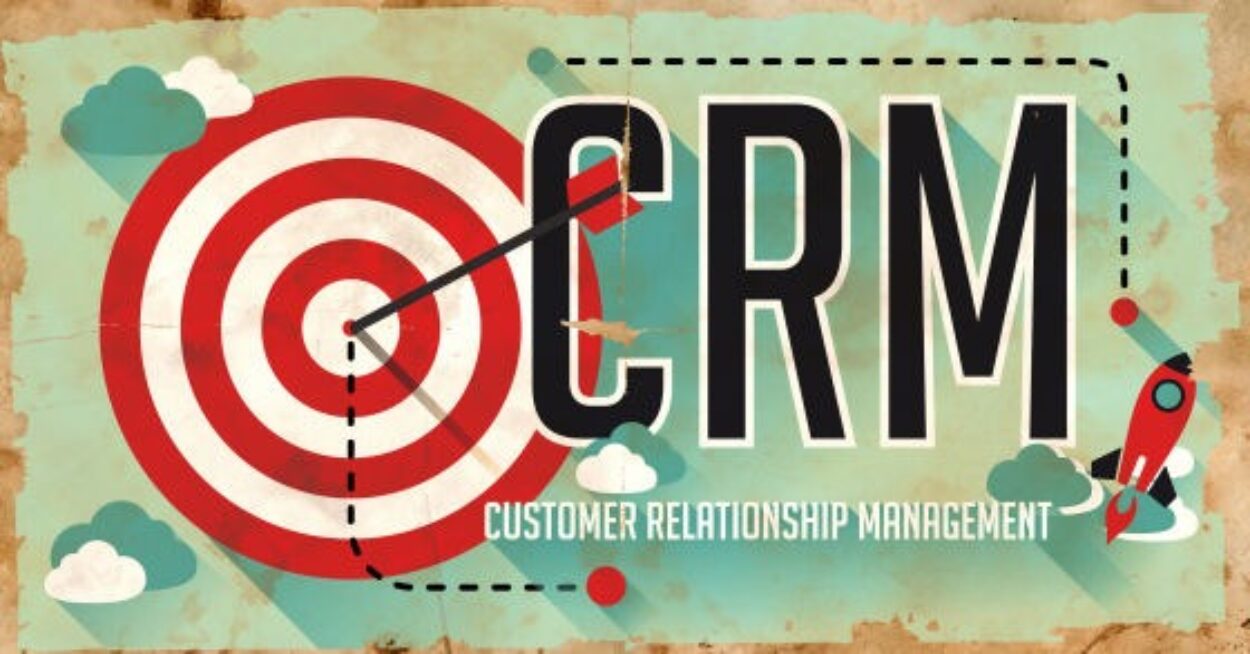
In one form or another, CRM (Customer Relationship Management) software systems have been around for many years. They have been widely adopted as enterprise solutions in larger corporate environments. Surprisingly, however, some 90% of small- to medium-sized businesses have yet to incorporate CRMs into their sales efforts. Why? One prevailing belief is that CRMs are too complicated, too hard to manage, and that their power depends on highly detailed data that takes too long to capture.
It’s easy to see how this perception forms; after all, CRM software makers typically tout long lists of impressive reporting capabilities. But a CRM can be an important tool for smaller businesses. In fact, a CRM could be one key element in leapfrogging your competition – especially when your competition is in the 90% of non-adopters. With that in mind, here are some things to keep in mind when considering and setting up your CRM:
First and foremost, keep your CRM simple and focused on your needs, not on the power of the software. No matter how extensive the capabilities of the CRM, its true worth is in its output. That doesn’t mean you have to “slice and dice” your data in hundreds of ways. Instead, begin by deciding what kinds of sales process insights you want your data to reveal and then configure the CRM accordingly. By capturing too much data you will spend too much time with data entry on the front-end and have difficulty interpreting the data on the back-end. As E.O. Wilson said, “We are drowning in information, while starving for wisdom.” That’s why, when it comes to configuring a CRM for the small- to medium-sized business, you should remember the KISS acronym – which in this case means Keep It Simply Strategic.
Getting Started with a CRM
To Keep It Simply Strategic, start with a CRM system that is powerful, but not all-powerful. The system you choose should be easy to use and expandable, but not necessarily built to support a large multi-national corporation. Start small. Start manageable. And start managing. You can always upgrade when more reporting capability is needed. At that point, your sales operations will likely already have been made more effective with the help of your CRM. When you upgrade, you will be extending your reach toward new levels of sales success.
Capture Essential Data for Actionable Reporting
Again, start with the end in mind. What sales figures do you need to understand better? How will understanding that data help you enhance sales processes? Knowing and reporting every nuance of sales data does not necessarily help you understand how to improve your sales operations. Know your goals and structure your CRM to help you achieve them. One word of warning, however: thoughtfully consider the back-end information you will need when configuring your system and capturing data. It can be much easier to capture the data at first than to go back and fill in obvious gaps later. Nonetheless, this notion of capturing everything up front can lead to data overkill, so choose your essential data wisely.
Remember: Your CRM is for Your Sales Team
Your CRM should not be seen exclusively as a sales reporting and management tool for the executive, but a sales support tool for the salesperson and everyone who touches the prospect-to-client process. Can the salesperson get usable, actionable information from the CRM quickly and easily? Can the CRM help the salesperson make better decisions on which prospects to contact, when to contact them, and how to advance the dialogue toward a quicker and mutually-beneficial sale? If not, then it probably is missing the mark and underperforming as a sales tool.
Don’t Forget the Forecasting
As Mark Thacker said in his book, Beyond the Mountaintop: Observations on Selling, Living and Achieving, a CRM should also be used as the foundation for sales forecasts. Forecasting not only provides the business with valuable information it can use to make decisions about the future of the organization, it is also a valuable tool for salespeople because it gives them direction on the size of pipeline needed to achieve their quotas.
Tailor the CRM to Your Organization
Finally, remember that CRMs can be customized to your needs. Don’t be afraid, after designating your data, to make your user interface functional and efficient for your unique process of data input and output. One of the more powerful tools available from a Sales Xceleration Advisor is a customized CRM. As our Advisors apply our proven sales management systems to benefit their small- to medium-sized business clients, they can tailor a simple-but-effective CRM to enhance sales operations. They can create custom interface screens and data input dashboards, and build custom reports that can truly help guide and improve processes for better sales results.
Bottom Line:
At Sales Xceleration, we know that a CRM is a powerful and important tool for smaller sales organizations. If you have prospects and customers and pipelines and sales cycles and quotas, you could almost certainly benefit from a custom-tailored CRM. Choose a CRM that is powerful enough but not so robust that it is overwhelming. Again, remember to Keep It Simply Strategic. Do that and you can KISS your earlier misperceptions of CRMs goodbye.
To learn more about Sales Xceleration’s proven sales management systems, including CRM development and deployment, reach out to a Sales Xceleration Advisor today. Or contact us at 844.874.7253.



